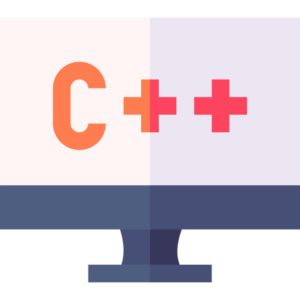An object-oriented, multipurpose programming language is C++. Which Bjarne Stroustrup created in 1983 at Bell Labs. this programming language is an expanded version of the C language, and it offers programmers a wide range of tools for making effective and dependable user-defined classes games, software, modules, and apps.

The complete support for object-oriented programming (OOP) capabilities in C plus programming is one of its most important features. Multiple types of program classes may be created using the this programming language. Which are data types that users design and which may hold both data and functions. This enables the development of complicated computer programs. Which are simpler to create, update, and resize the source code for the program.
The performance of C++ is an additional benefit. Because it is a compiled language, every C plus code is automatically transformed to machine code before being executed. This enables faster and more effective program execution for the C++ developer. This makes it the perfect option for applications that demand high and substantial C++ program performance.
Additionally, it offers developers a number of memory management tools. Both automated memory management (using destructors and smart pointers) and manual memory management (using the new and delete operators) are supported. This enables programmers to create code that is effective. It has direct access to system resources and hardware.
A very portable programming language is C++. As a result, these programs may be launched from source code and compiled on a variety of hardware and operating systems. It is hence the best option for creating software applications. They must function on several platforms.
In summary, this is a strong and flexible programming language. It gives programmers a variety of tools to create effective and dependable software programs. C++ programming is a popular choice for creating complex computer programs such as games, graphical user interfaces, and scientific applications because of its support for object-oriented programming, performance, memory management, and portability.










